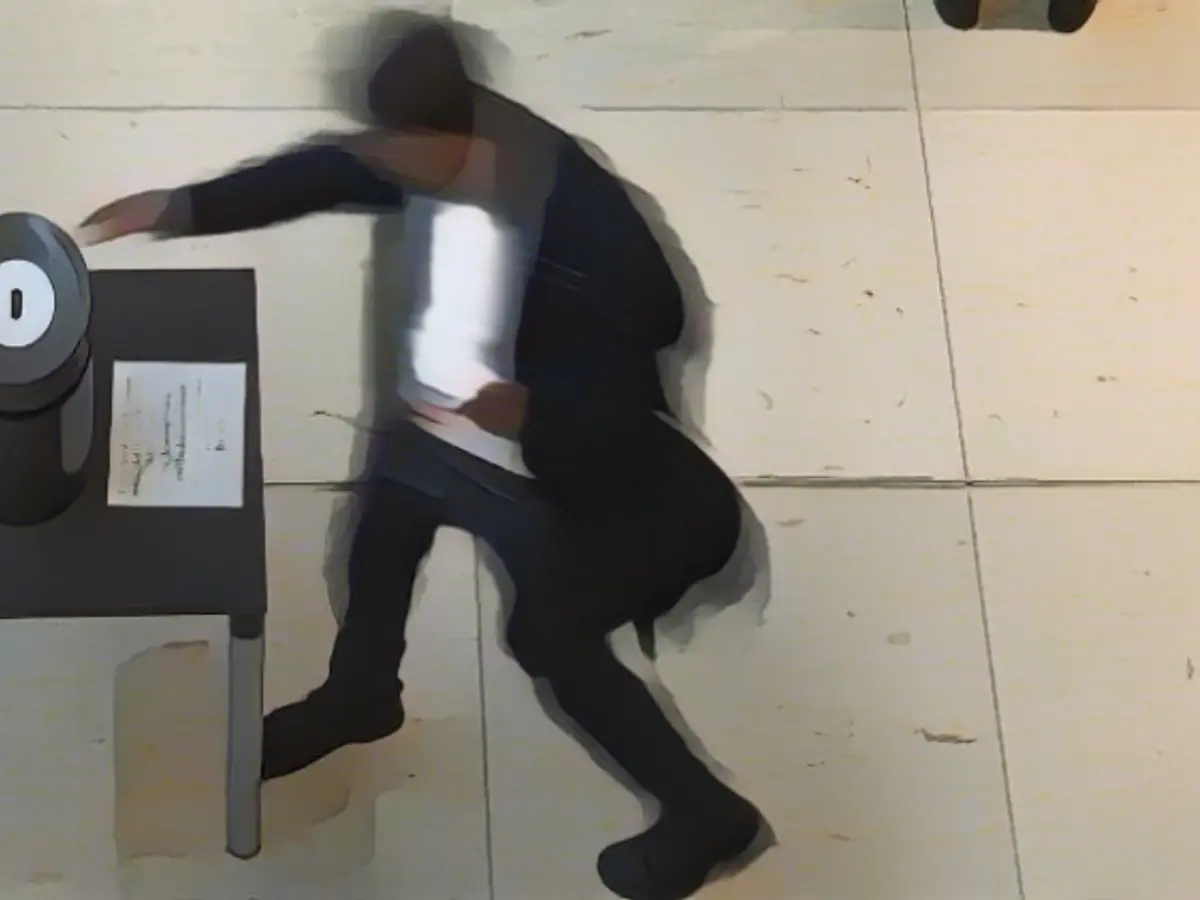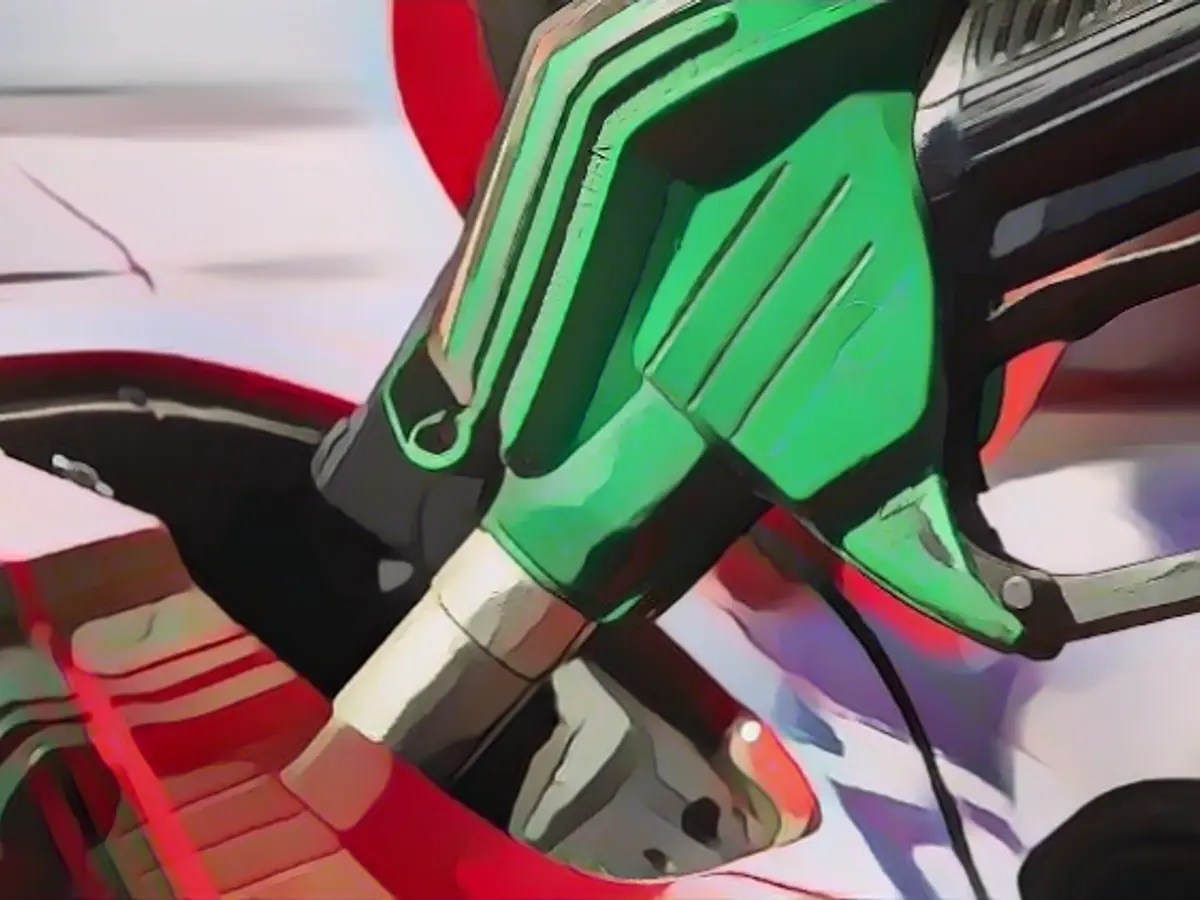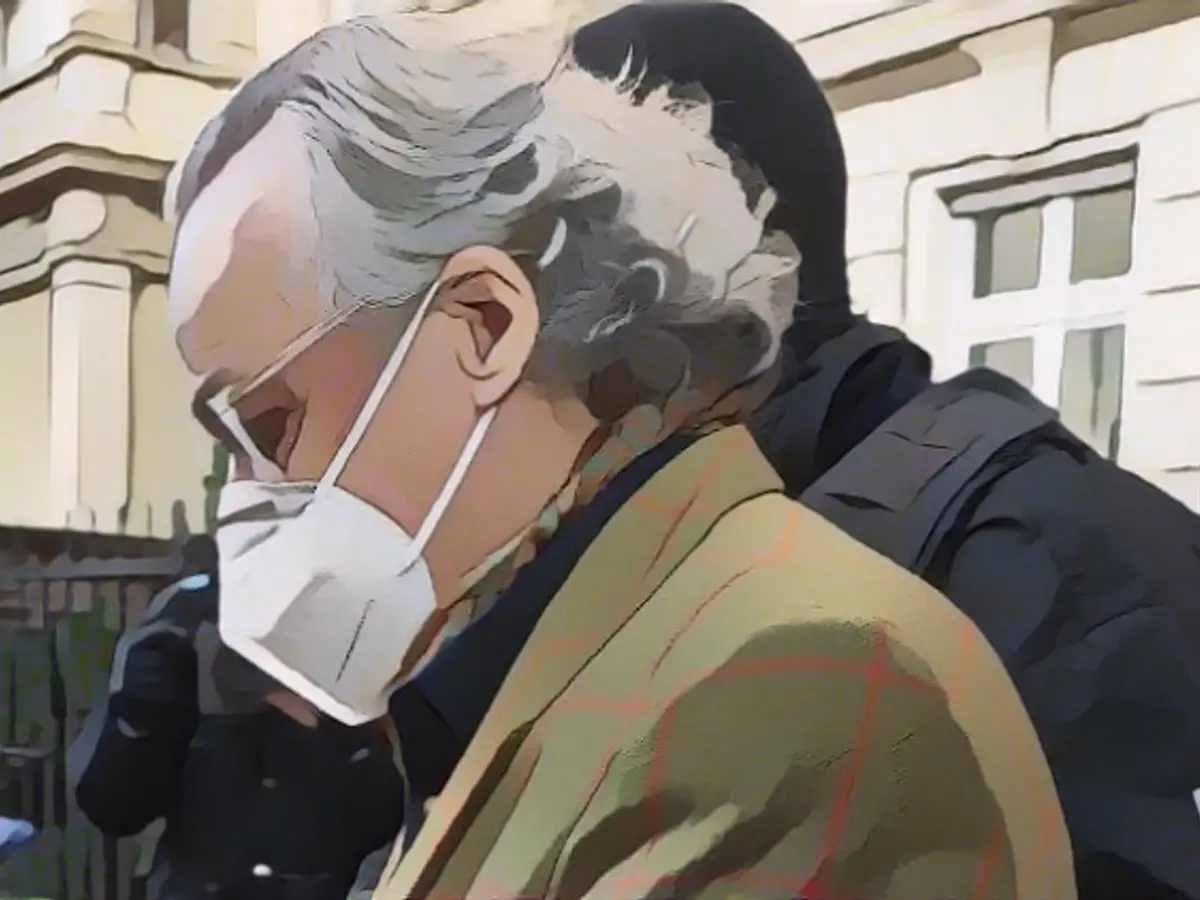The Left-Wing Parliamentary Farewell: The German Bundestag's Shock Departure
The Left Party parliamentary group in Germany's Bundestag has bid adieu, marking a dramatic political departure. At midnight, following a tough decision, 38 of its members have been reclassified as 'non-affiliated.' This seismic shift transpired due to Sahra Wagenknecht's decision, along with nine other Left Party MPs, to part ways and establish a new faction, known as the Sahra Wagenknecht Alliance, in January.
Navigating Political Tumult: Christian Leye's Perspective
Underlying this political upheaval is a history of disagreements within the group. Christian Leye, a fellow campaigner of Wagenknecht, acknowledges the need for this separation but shares a sense of melancholy about the departing individuals. Leye applauds the individuals within both the parliamentary group and the party but stresses that this step was largely a political one, driven by the inability of the majority of Left Party leaders to confront the crises of our time.
Redrawing the Political Map: Plans for New Bundestag Groups
Wagenknecht and her allies aim to transform into two distinct Bundestag groups. The remaining 28 Left Party MPs will lead one group, while the 10 members of the Sahra Wagenknecht Alliance will front the other. The Left Party has already initiated this reorganization effort with the Bundestag, with Wagenknecht's group expected to follow suit soon.
Streamlined Bundestag Privileges: Expanded vs. Contracted Benefits
The newly-formed groups will witness reduced privileges in the Bundestag compared to traditional parliamentary groups. Only the remaining 28 Left Party MPs will enjoy privileges like raising small/large questions or requesting topical debates. However, the financial implications remain unclear and will be determined by the Bundestag resolution.
Charting the Aftermath: A New Political Journey Awaits
Wagenknecht's faction has severed ties with the Left Party, intending to preserve their presence in the German federal parliament. As they embark on this unprecedented legislative journey, they will encounter unparalleled political challenges.
Additional Insights
The departure of Wagenknecht and her supporters carries various political implications:
- Threshold for Representation: To maintain their Bundestag presence, the newly formed Sahra Wagenknecht Alliance (BSW) must obtain at least 5% of the second votes nationwide or capture at least three constituency seats.
- Seat Allocation: If the BSW fails to meet the 5% threshold, it may receive fewer seats based on its share of the second votes or be awarded constituency seats if it wins more than the available seats.
- Financial Support: The BSW may receive less financial support compared to larger parties if it fails to meet the 5% voting threshold. Nevertheless, it can still receive some funding if it wins at least three constituency seats.
- Rights and Responsibilities: Members of the Bundestag, like Wagenknecht, have the right to participate in parliamentary debates and vote on legislation, as well as the opportunity to serve on parliamentary committees.
- Public Perception and Support: Wagenknecht's hardline stance on controversial issues like immigration and Chancellor Olaf Scholz may have adverse effects on public perception of her new party.
- Internal Party Dynamics: The split within the Left Party has sparked internal conflicts and potential legal challenges. Over 50 members have called for Wagenknecht's exclusion from the party.
Enrichment Data:
The departure of Wagenknecht and her loyalists from the Left Party (Die Linke) and the subsequent formation of the Sahra Wagenknecht Alliance (BSW) have significant implications for German politics, both in terms of electoral dynamics and the broader political landscape. The following are the major potential implications and impacts:
Electoral Dynamics
- Electoral Success: The BSW achieved notable electoral success, particularly in regional elections. In the 2024 European and state elections, the BSW took hundreds of thousands of votes away from Die Linke, securing 10 percent in nationwide polls, while Die Linke faced its worst-ever results[1][2].
- Voter Shifts: The BSW attracted former SPD supporters who shifted to the AfD, indicating a complex voter flow. This disrupted the traditional left-right axis in German politics, with some former SPD supporters now supporting the BSW or AfD[2].
- Competition with Die Linke: The BSW and Die Linke are now neck and neck, with the BSW's success potentially threatening Die Linke's survival. This competition could lead to a realignment of the left-wing vote in Germany[1].
Political Landscape
- Fragmentation: The emergence of the BSW has further fragmented the German party system. This fragmentation makes it more challenging for traditional parties to form stable governments, particularly in regions like Thuringia and Saxony where the AfD has gained significant ground[5].
- Rightward Shift: The BSW's participation in state governments and its stricter migration control policies have contributed to a rightward shift in the political spectrum. This shift is partly driven by the AfD’s growing support and the BSW’s decision to participate in governance, which has given Die Linke an unexpected boost from voters concerned about losing a left-wing parliamentary opposition[1].
- Ideological Shifts: The BSW’s adoption of ordoliberal positions, which combine free-market principles with a welfare state, represents a significant ideological shift from the traditional left-wing stance. This shift could influence broader debates on economic policy and social welfare in Germany[3].
- Internal Dynamics: The departure of Wagenknecht and her supporters has created deep strategic and political rifts within Die Linke. These rifts are particularly visible over issues like Gaza, where a minority of MPs continues to support Israel, contradicting the party’s official stance[1].
- Leadership and Coherence: The BSW's closed-door debates and selective membership criteria contrast with the internal discord within Die Linke. This difference in leadership style and ideological coherence could influence how each party navigates future electoral challenges and policy debates[3].
Future Implications
- Rebuilding Die Linke: If Die Linke achieves a surprise success in the upcoming elections, it could provide the party with a chance to rethink and rebuild. Nevertheless, this would require significant redeployment of resources and personnel, potentially facing pushback from change-resistant elements within the party[1].
- BSW's Sustainability: The BSW's long-term sustainability is uncertain, given the internal conflicts and ideological differences within the party. The recent departure of an MEP, Friedrich Pürner, due to discrepancies between the party’s goals and reality, highlights ongoing challenges[4].
In summary, Sahra Wagenknecht's departure and the formation of the BSW have significantly altered the electoral and ideological landscape of German politics, introducing new dynamics of competition, fragmentation, and ideological shifts. The future trajectory of both Die Linke and the BSW relies on their ability to navigate these changes and adapt to the evolving political environment.








